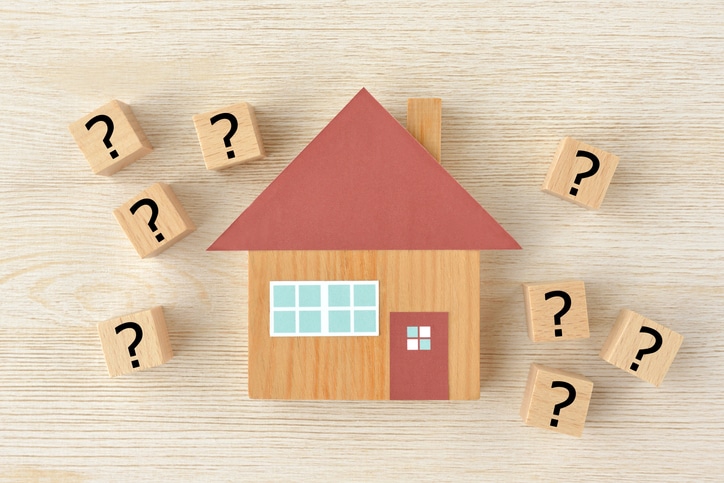Source: The New York Times —
It’s a perennial question for would-be home buyers: How can I possibly come up with such a huge down payment?
The short answer, usually, is you don’t have to.
Most first-time home buyers (and even many repeat buyers) don’t have the 20 percent down payment needed to qualify for the lowest mortgage rates and to avoid extra costs like mortgage insurance.
Even if you’ve managed to amass a reasonable sum, your down payment doesn’t buy you as much as it would have a year ago — mortgage rates are roughly double what they were then, and home prices haven’t deflated enough to offset those higher costs in many areas.
But it’s still possible to lock in your sale with a smaller sum, whether you’re searching for a modest home on a teacher’s salary or financing something with a hefty year-end bonus or gift. Many programs, supported in some fashion by the federal government, allow down payments as low as 3 percent or even no money down. They go by funny names and a collection of abbreviations — Fannie Mae, Freddie Mac, F.H.A., V.A. and U.S.D.A., to name a few.
The mortgages on the market now are more tightly regulated and less risky than the loans that contributed to the housing crisis of 2008 to 2009; many of those products didn’t even require borrowers to prove their income. Still, there are inherent risks when you have such a small stake in your home.
People can lose their jobs, or have health or other crises. And one possibility stands out as especially concerning: If the value of the property declines quickly, a borrower could end up owing much more than the home is worth, a phenomenon known as being underwater.
This happened to many borrowers a decade ago, when U.S. home prices fell 32 percent from April 2006 through March 2011, according to CoreLogic. By the end of 2009 — the lowest point — 26 percent of borrowers owed more money than their homes were worth.
The less you put down, the farther you could sink in such a scenario. If you need to move, you may be forced to sell the place for a price much less than what you owe — and you may be stuck owing the leftover balance.
There are no right answers, only optimal choices for your circumstances and financial situation. And you can make the most appropriate choice only if you understand all your options — and then shop around.
The following guide, which includes a menu of mortgages that permit low down payments, can help you get started.
How does the mortgage market work?
It’s worth pausing for a moment to break down how the mortgage market operates: Some lenders hold on to loans they make, but most sell them to Fannie Mae or Freddie Mac, the quasi-governmental entities that guarantee a majority of U.S. mortgages. Fannie and Freddie either hold the loans or package them into bonds that are sold to investors, who collect a share of the income from your monthly payments. If you fall behind, the companies guarantee that the investors will get paid anyway.
Another entity, Ginnie Mae, ensures payment to investors that bought mortgage bonds holding loans made through other government programs, including the Federal Housing Administration, which lends largely to first-time home buyers; the Department of Veterans Affairs; and others.
These institutions operate behind the scenes and don’t interact with consumers. They exist to provide stability in the mortgage market, a continuous source of financing and assistance to lower- and moderate-income families looking for a path to homeownership, which can be an effective means to building wealth.
The size of the mortgages the government is now willing to back illustrates just how inflated the housing market has become: Starting this year, Fannie Mae and Freddie Mac will for the first time back loans up to $1 million in high-cost areas and $726,200 everywhere else — which means borrowers can put down well under 20 percent on pretty sizable loans with the government’s blessing (as long as they can safely afford the monthly payment).















